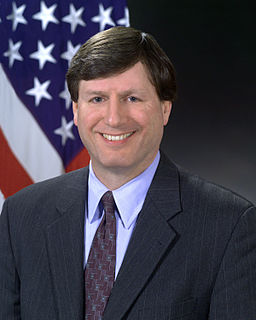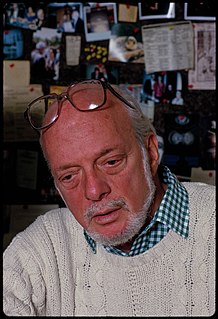A Quote by Mikie Sherrill
I was a policy office in my final tour in the Navy, a Russian policy officer, and we were always thinking about our interactions and how they would affect the country 10, 20 years from now.
Related Quotes
I spoke with Gerhard Schröder about a lot of things, including foreign policy. Schröder knows how important European policy is to me personally. I have worked together with Angela Merkel on European policy for many years, so I was surprised when Volker Kauder who has little experience in European policy, claimed that I had not represented German interests in Europe. That's an example of how the conservatives conduct an election campaign.
The policy that received more attention particularly in the past decade and a half or so has been the US cocaine policy, the differential treatment of crack versus powder cocaine and question is how my research impacted my view on policy. Clearly that policy is not based on the weight of the scientific evidence. That is when the policy was implemented, the concern about crack cocaine was so great that something had to be done and congress acted in the only way they knew how, they passed policy and that's what a responsible society should do.
If a British government experienced such a long and persistent resistance to domestic policy in England, then that policy would almost certainly be changed... We have asserted that we are political prisoners, and everything about out country - our arrests, interrogations, trials, and prison conditions - show that we are politically motivated.
We are apt to say that a foreign policy is successful only when the country, or at any rate the governing class, is united behind it. In reality, every line of policy is repudiated by a section, often by an influential section, of the country concerned. A foreign minister who waited until everyone agreed with him would have no foreign policy at all.

































